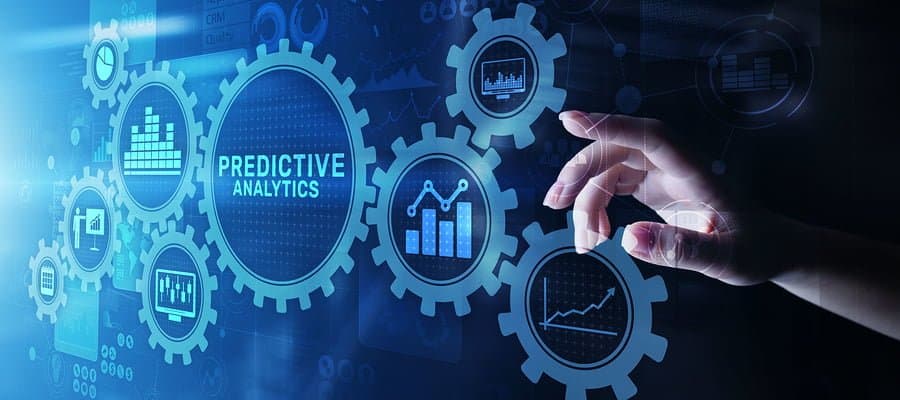Electronic health records (EHRs) enable workers at healthcare institutions to input patient data into a central, digitized system that’s accessible to relevant stakeholders such as medical personnel, pharmacies, and insurers.
Systems can be integrated with user authentication and security policies to allow patient access to their health information, and configured with alerts and notifications in response to changing conditions. Cloud storage protects against the loss of sensitive data via strong backup and data recovery services.

Big data analytics may be applied at the therapeutic level in predicting epidemics, avoiding preventable deaths, developing new drugs or treatments, and improving efficiency and the general level of care.
Mobile devices and video transmission are central to “telemedicine” and “telehealth” provision, enabling practitioners to conduct two-way video consultations with patients or experts, and even to perform surgery while on a video call.
In a related manner, telemonitoring technology allows healthcare professionals to monitor vital signs, symptoms, and even patient blood levels from a remote location.
ICT holds tremendous potential for advancement and growth in the healthcare sector.
Empowering Education Through Information and Communication Technology
The education landscape has benefitted largely due to ICT. By melding database technology with communications and interactive programming techniques, ICT facilitates electronic learning or eLearning. Here, students from all walks of life can enjoy a self-paced education in subject areas limited only by the imaginations of the course creators.
eLearning platforms like Coursera and Lectora, for example, enable individuals and organizations to partake in vocational or special interest training courses combining formal instruction, quizzes, practical exercises, research, and interactive multimedia elements, all conducted in the learner’s own time, and at their own pace.

With literally a world of information to choose from, courses can pull in expertise and input from the highest levels of education and industry. And with access to the internet now available in some form to individuals across the globe, concepts like the Massive Open Online Course or MOOC are bringing educational opportunities to candidates who might otherwise miss out.
Many of the courses on offer originate from some of the most prestigious institutions of learning on the planet.
For schools and colleges, Information and Communication Technology provides students with an engaging, interactive, and self-paced model of learning which fosters their independence and involvement in the learning process, while also increasing their levels of digital sophistication and computer literacy.
ICT-powered learning projects enable teachers and instructors to contribute their own input while continuously analyzing and monitoring the progress of their students.
School management systems based on ICT allow administrators to use software and digital tools in automating various tasks, including research, library management, and general documentation.
Information and Communication Technology reduces the need for paper documents and the waste and bureaucracy that they traditionally create.


Recent Comments